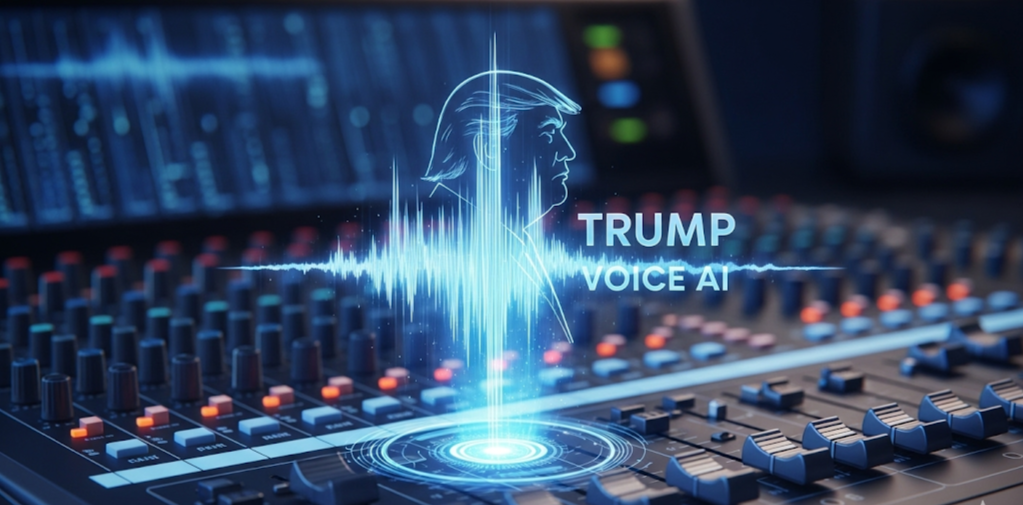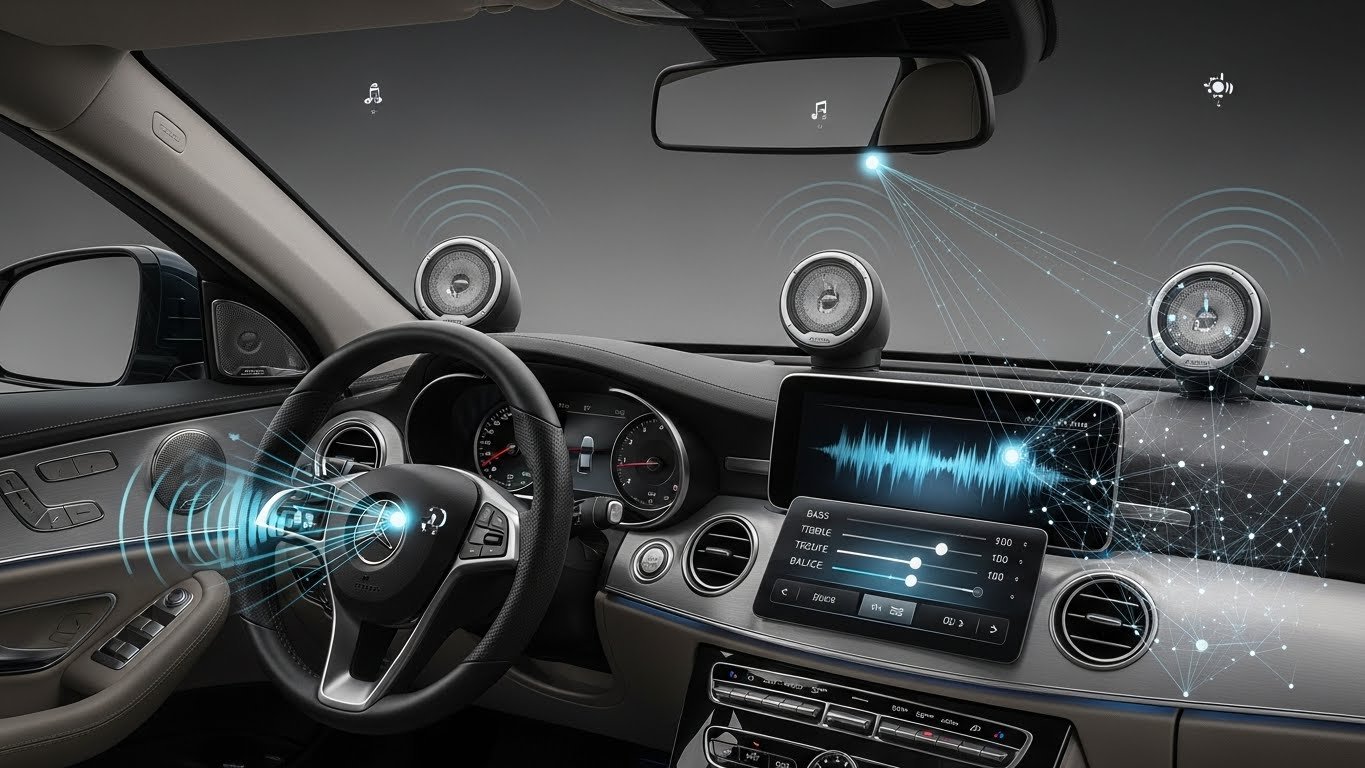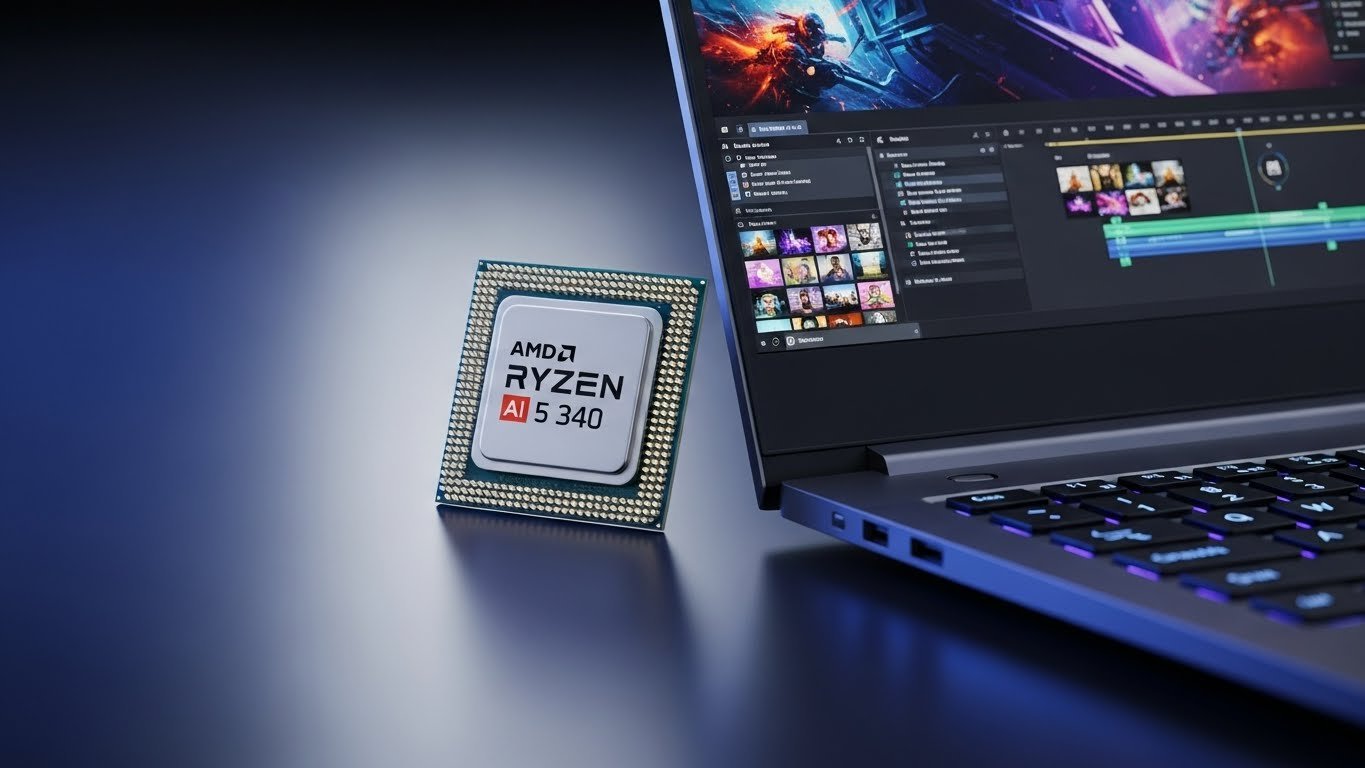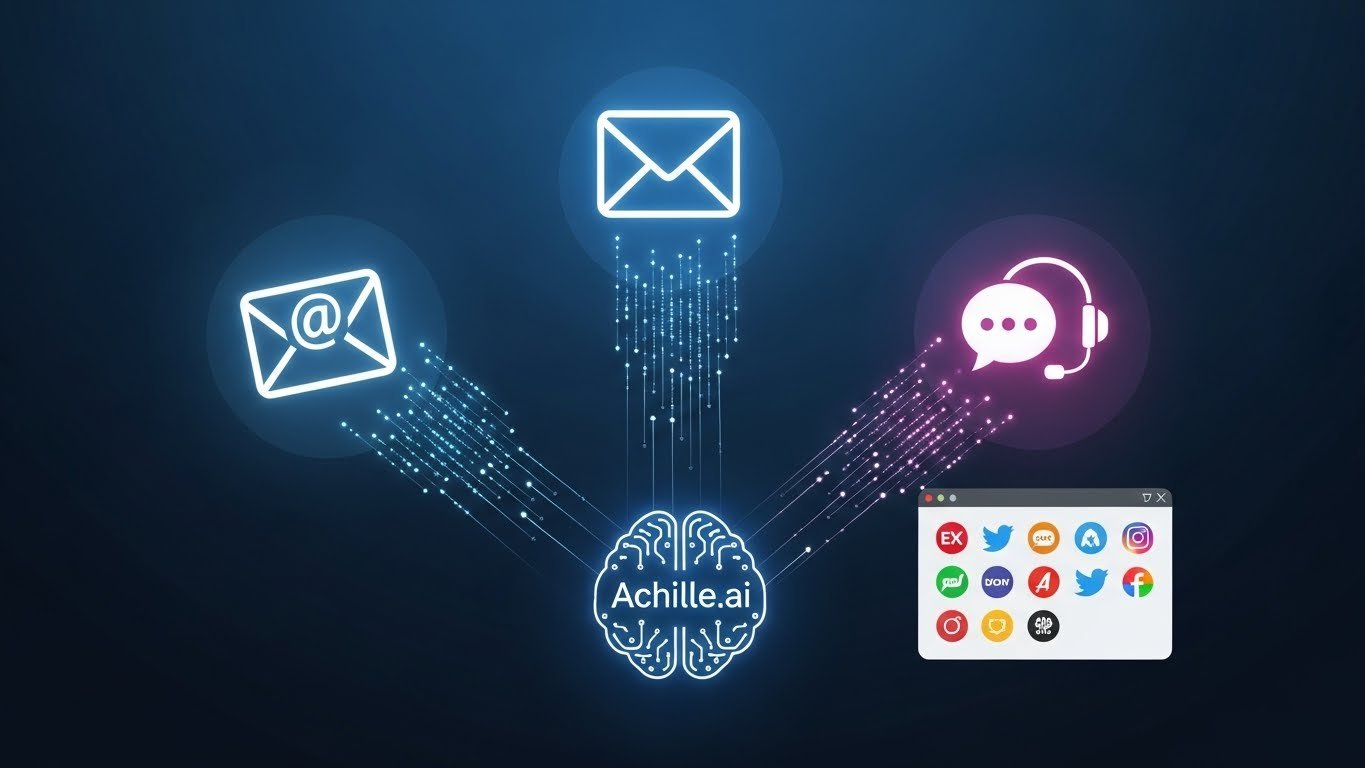Technology is moving fast, and artificial intelligence (AI) is leading the way. One of the most interesting—and sometimes controversial—examples of AI in action is Trump Voice AI. This technology can copy the voice of former U.S. President Donald Trump so closely that most people can’t tell the difference.
For some, it’s just fun—great for creating jokes, memes, or birthday greetings. For others, it raises concerns about deepfakes, fake news, and ethics. In this article, we’ll explore what Trump Voice AI is, how it works, where people are using it, and why it’s both exciting and risky.
What is Trump Voice AI?
Trump Voice AI refers to AI-powered voice generators that can speak in Donald Trump’s voice. These platforms rely on text-to-speech (TTS) and voice cloning technologies.
When you type a sentence like “Make America great again,” the AI instantly converts it into speech that sounds exactly like Trump. Not only does it capture his New York accent, but it also mimics his tone, pauses, and unique way of delivering words.
This technology is part of a larger trend called AI voice cloning, where the voices of celebrities, politicians, and even everyday people can be copied with shocking accuracy.
How Does Trump Voice AI Work?
Behind the fun is some very advanced technology:
-
Collecting Audio Data – AI developers use hours of Trump’s speeches, debates, interviews, and rally recordings as training data.
-
Deep Learning Models – Neural networks study this data to learn how Trump speaks, including his pitch, rhythm, and catchphrases.
-
Text-to-Speech Conversion – Once trained, you can type in any text, and the AI will generate audio in Trump’s style.
-
Voice-to-Voice Conversion – Some tools let you record your own voice, and the AI transforms it into Trump’s.
The result? An audio clip that often sounds so real it can fool listeners.
Popular Uses of Trump Voice AI
Trump Voice AI is used in many ways, both for entertainment and practical purposes:
-
Entertainment & Memes – Social media is full of funny clips where Trump “sings” songs or comments on random topics.
-
Pranks & Greetings – People send birthday wishes, roast friends, or create fake announcements in Trump’s voice.
-
Content Creation – YouTubers and podcasters use it for satire, parody, or political commentary.
-
Education & Demonstration – Teachers and AI enthusiasts use it to explain how speech technology works.
But not all uses are positive. Some bad actors have used Trump Voice AI to create fake political speeches or misleading robocalls.
Popular Trump Voice AI Platforms
Here are some well-known platforms where you can try Trump Voice AI:
-
Parrot AI – A user-friendly text-to-speech generator for quick Trump impressions.
-
ElonTalks – Combines Trump’s AI voice with realistic video avatars.
-
FineShare (FineVoice & Singify) – Lets you make Trump speak or even “sing.”
-
Media.io – Simple online tool for fast conversions.
-
AnyVoice – Provides professional-quality narration in Trump’s style.
-
SendFame – Personalized video messages in Trump’s voice.
Some of these tools are free, while others require subscriptions or credits.
Benefits of Trump Voice AI
Why is this technology so popular? Here are a few reasons:
-
Fun and Creativity – Adds humor and originality to content.
-
Easy to Use – No technical knowledge required—just type and play.
-
Marketing Potential – Brands and creators use it for attention-grabbing ads or skits.
-
Multilingual Support – Some tools allow Trump’s voice in different languages.
Risks and Ethical Concerns
As fun as it is, Trump Voice AI comes with serious risks:
-
Misinformation – Fake audio clips could mislead voters or spread lies online.
-
Scams & Fraud – Criminals could impersonate Trump for tricking people.
-
Deepfake Problem – Harder for the public to know what’s real and what’s fake.
-
Legal Issues – Using someone’s voice without permission can violate rights.
For example, during the 2024 U.S. primaries, fake robocalls mimicking Trump’s voice were used to mislead voters. News outlets like AP News and The Guardian have shown how easy it is to create realistic-sounding Trump deepfakes.
Regulations and Safeguards
Governments and companies are trying to reduce risks:
-
Tech Companies (like ElevenLabs) are adding filters and watermarks to stop misuse.
-
New Laws – Tennessee passed the ELVIS Act in 2024 to protect artists’ voices from being cloned without consent.
-
Ethical Guidelines – Creators are encouraged to use AI responsibly and clearly label AI-generated content.
The Future of Trump Voice AI
Looking ahead, Trump Voice AI and similar technologies will likely become:
-
More Realistic – Almost indistinguishable from human speech.
-
Widely Used – In entertainment, gaming, film, and advertising.
-
Tightly Regulated – Laws will be stricter about cloning voices.
-
Ethically Balanced – A mix of innovation and protection from harm.
Conclusion
Trump Voice AI is more than just a funny tool—it’s a powerful example of what artificial intelligence can do. It’s fun, creative, and engaging, but it also challenges us to think carefully about ethics, truth, and security.
When used responsibly, Trump Voice AI can be a source of laughter and creativity. When misused, it can spread misinformation and cause harm. The choice is in our hands.
Call to Action
If you want to explore Trump Voice AI, try it for fun, parody, or education. Use it responsibly and avoid sharing fake or misleading content.
Curious to try it yourself? Start with free Trump voice generators like Parrot AI or FineShare—and see just how real AI voices have become.
FAQs
What is Trump Voice AI?
Trump Voice AI is a type of voice cloning technology that uses artificial intelligence to mimic former U.S. President Donald Trump’s voice, tone, and speaking style for entertainment, parody, and content creation.
How does Trump Voice AI work?
It works through text-to-speech (TTS) and deep learning. The AI is trained on hours of Trump’s speeches and recordings, then converts typed text or voice input into audio that sounds like Trump.
Is Trump Voice AI free to use?
Yes, many platforms offer free versions of Trump Voice AI with limited features, while premium tools provide higher-quality voices, longer audio, and advanced customization.
What are the risks of using Trump Voice AI?
The biggest risks are misinformation, scams, and deepfakes. Misusing Trump Voice AI to spread fake statements or impersonate people can lead to serious ethical and legal issues.
Can Trump Voice AI be used legally?
Yes, if used for fun, parody, or educational purposes. However, using it for commercial gain or spreading harmful content without consent can break copyright, privacy, or likeness protection laws.








Leave a Reply